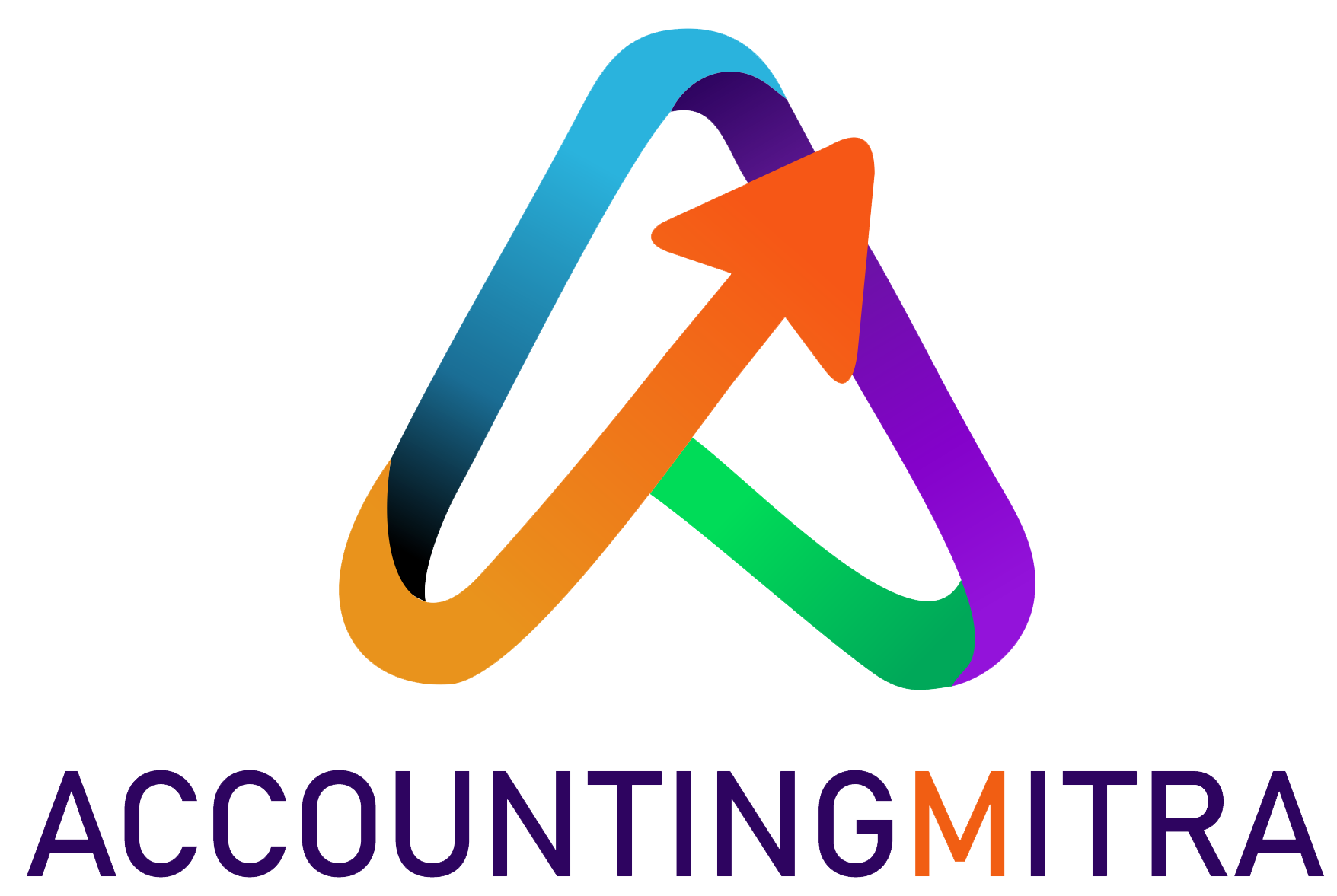Competitive products and services and customer satisfaction spring to mind when one thinks about starting their own business. Payroll processing is a crucial and taxing aspect of running a business that is sometimes forgotten. However, payroll administration is essential for managing any company or organization that employs people for various and apparent reasons. This comes with a wide range of obstacles that must be solved for an efficient operation.
Let’s look at some of the challenges that small and medium-sized businesses may encounter while attempting to handle payroll.
- It takes a lot of time
Due to the intricate economic structures, it takes a lot of time to calculate wages and deductions, deal with garnishments and fines, and make sure the company complies with all payroll regulations. Even if the company uses the appropriate technology platform to conduct payrolls, this cannot be made any simpler. Owner of businesses operates under the maxim “time is money” considering the size of the business as small or medium, which makes the time-consuming and labour-intensive process of processing payroll not only burdening but also costly because it consumes time that could be better spent concentrating on the expansion of the company.
- Problems for the finance department
In small and medium firms generally, some poor employees from the finance and human resource department oversee handling payroll processing as there is no specific person or department. Eventually, anyone who isn’t a professional could wind up making a mistake that could cost the firm money because of the many elements that need to be handled (in terms of payroll rules, deductions, and the company policy of payment). In this case, outsourcing payroll processing could be a good option.
- Issue of Payroll Fraud
Payroll fraud occurs when an employee reports more overtime than they actually put in or works a higher-paying shift in order to receive a bonus. Any type of thieving is prohibitive given the scale and cost of small and medium-sized organizations. Aside from this the employees and bosses of small enterprises are frequently a close-knit group and Fraud can have a negative impact on the organization and the team’s morale in such a setting.
- Requesting Salary in Advance of The Due Date by The Employees
The fact is that Wages are paid monthly, and There is a set date has been established for the payment of salary into employees’ bank accounts, generally on the first of each month. Despite knowing the fact and knowing the date, everyone nonetheless attempts to strike it rich by asking for early salary credit.
The company may perceive, comprehend, and empathize with the fact that that specific individual has an urgent situation that needs to be handled right away. However, for a variety of reasons, salaries cannot be credited in advance of the due date. These include the interconnectedness of the payroll and taxation components, which might cause problems for the business in the event of any errors.
- Failure To Submit Attendance Records on Time
Salaries can be credited only after the HRM software processes and compute the payroll following receiving the attendance sheet. HRM is a web-based software that gets data from third-party peripheral devices, including fingerprint scanners, RFID chips, or barcode scanners, which are used by most organizations. Payroll processing may be delayed due to unfavourable human traits like carelessness or slowness.
India’s payroll outsourcing services will guarantee that your payroll process runs properly all year round.

